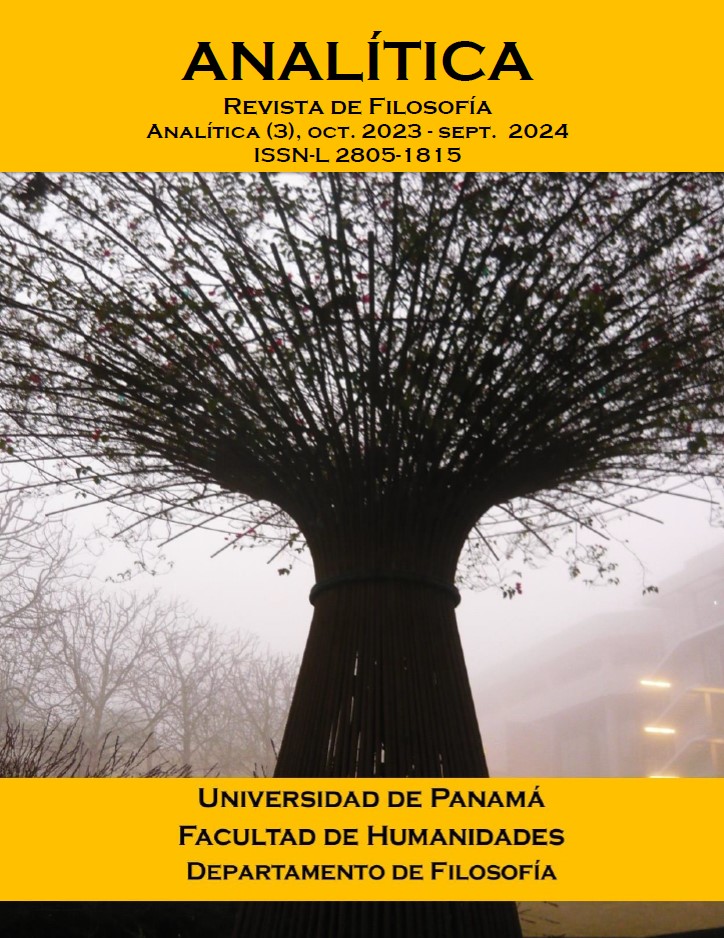

Copyright (c) 2023 Analítica

This work is licensed under a Creative Commons Attribution-NonCommercial-ShareAlike 4.0 International License.
In this article, the author analyses the relationship between two prominent philosophers of the 20th century in Europe and Great Britain—Ludwig Wittgenstein and Bertrand Russell. According to a lot of correspondence available nowadays we can reconstruct not only the environment of thought in Cambridge in the beginning and the first half of the 20th century but to find out some very personal, subjective grounds for the changes of relationship between thinkers, misunderstandings between them. Such a kind of biographical-historical reconstruction does not interfere but helps to understand better the origin, development, and criticism of philosophical ideas and theories. In this context, the personal relationship between Russell and Wittgenstein, their friendship for more than 30 years, and mutual assistance, both intellectual and business, played a big role in the development and formation of both philosophers as philosophers. Even mutual disagreements and criticism of ideas over time helped them to see the shortcomings and sometimes even complete failure of their theses and statements. First, the author describes in detail the role of Russell in Wittgenstein’s life: first meeting and inspiration to do philosophy, support in studies, assistance in the publication of Wittgenstein’s first book, support, and facilitation in returning to Cambridge in 1929, obtaining PhD degree and receiving Trinity College grant. Second, the author considers the fundamental points of philosophical disagreements between the two philosophers and Wittgenstein’s critique of Russell’s ideas.